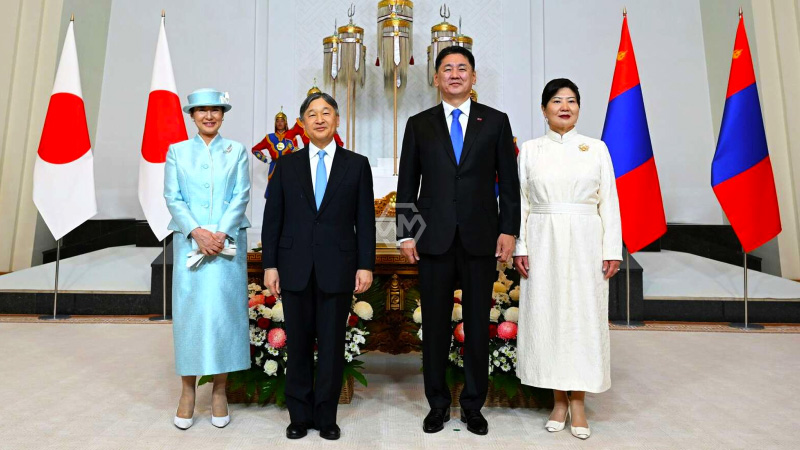- Emperor Naruhito visits Mongolia to strengthen bilateral relations and honor wartime history.
- The trip underscores Japan’s interest in diversifying regional partnerships beyond China.
- The visit coincides with the 80th anniversary of the end of World War II.
Japan’s Emperor Naruhito’s visit to Mongolia represents a symbolic and strategic gesture aimed at enhancing diplomatic ties between the two Asian democracies.
During his visit, Naruhito also paid homage to Japanese soldiers held in Mongolia during World War II by laying flowers at a cenotaph dedicated to their memory.
Bridging Histories and Horizons: Japan Deepens Ties with Mongolia Amid Regional Shifts
Emperor Naruhito’s visit carries both emotional and diplomatic significance. His quiet diplomacy and symbolic gestures, such as paying tribute to war victims, reflect Japan’s evolving global image—one that balances historical responsibility with future cooperation. These efforts signal a new tone in regional diplomacy grounded in shared democratic values.
Mongolia, a landlocked country with a population of just 3.5 million, has emerged as a strategic partner for countries seeking stability and alternatives to Chinese economic dominance. With its vast reserves of copper, coal, and rare earths, Mongolia offers Japan a valuable trade partner and a potential node in reshaping regional supply chains.
Since its democratic transition in 1989, Mongolia has actively pursued a “third neighbor” policy to build ties with nations beyond its powerful neighbors. Japan, alongside the U.S. and South Korea, has supported Mongolia’s democratic growth, offering development aid, technical assistance, and cultural exchanges that help stabilize and diversify the region.
The emperor’s trip also revives discussions around lesser-known WWII events, such as the 1939 Khalkhin Gol battle, where Japan suffered a major defeat against Soviet forces in Mongolia. This historical context adds depth to Naruhito’s visit, highlighting how memory, diplomacy, and strategy intertwine in modern international relations.
Emperor Naruhito’s visit to Mongolia is more than ceremonial—it’s a strategic expression of solidarity, remembrance, and a shared vision for a more balanced and democratic Asia.
“Study the past if you would define the future.” – Confucius



